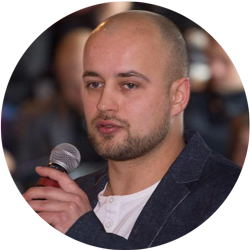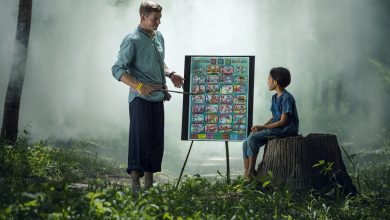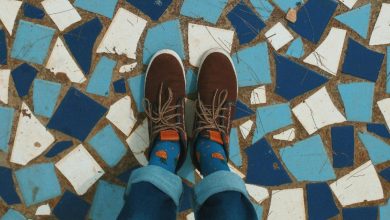Let’s brainstorm what we will make for lunch
When you do not try problem-solving or/and out-of-the box thinking approaches in your daily life, you hardly prove the importance of those methods. We would like to encourage you to be methodic in your daily life. Give yourself a challenge, to try out at least one method (problem-solving and/or out-of-the-box thinking) each day in situations where it can be applied. Reflect on your experience and results that come out of using the method.

Why did I choose this tool?
One of the authors started to work as a project manager in a business organization and as a new employee noticed that people would discuss issues in different meetings over a few days and couldn’t come up with solutions. When several methods were applied, the issue was solved fast and in different ways. This example inspired us to think that we should be more active in using methods on daily basis.
How does this apply to being a trainer?
It helps learners as well as for a trainer to see how we can think creatively in different situations and there is no need to wait for a training to do so. Youth works, youth leaders and trainers deal with different situations in daily life and applying methods could come to more structured, creative results than expected.
Main content:
Grab the firey topic 🙂 and practice this skill in applying methods.
- Think about the hot issue/problem, which is nagging you recently. The issue can be about your holiday plans, the housekeeping, work, money and whatever comes to your mind right now.
- Apply the problem-solving method (you can see in other tool about knowledge of existing problem-solving methods). Let’s do SWOT about holidays in skiing resorts; let’s ask 5W in order to know why your child missed the dancing classes all the time and so on…
- Reflect on you experience using problem-solving methods. What are your findings using the method? (You can list three positive and three negative aspects.)
Reflection questions
What was the outcome of applying the method on your everyday situation?







